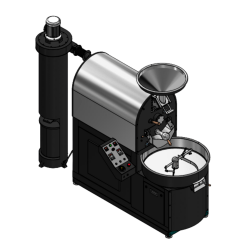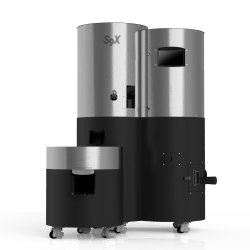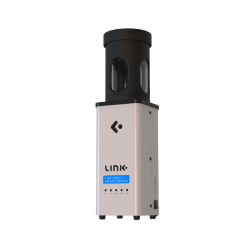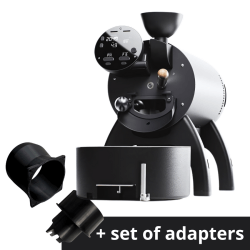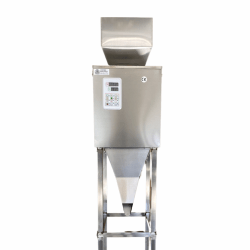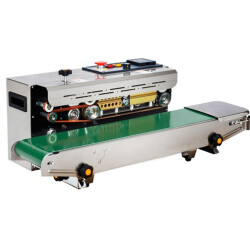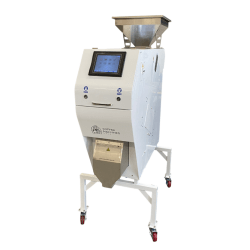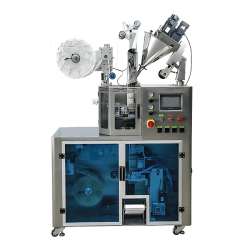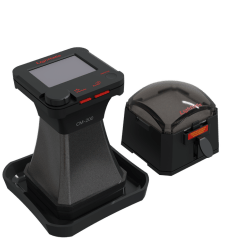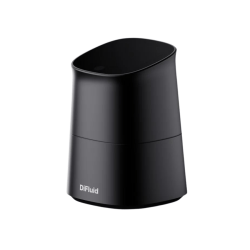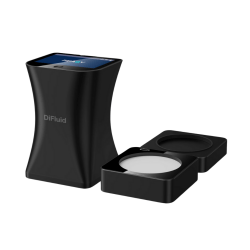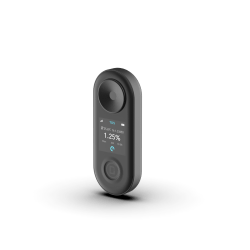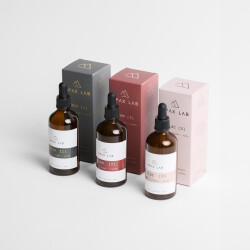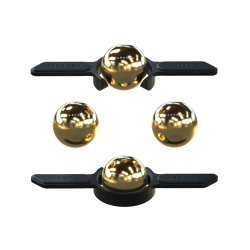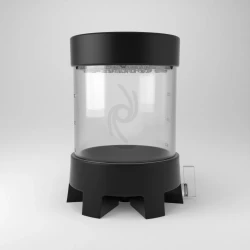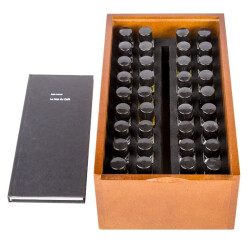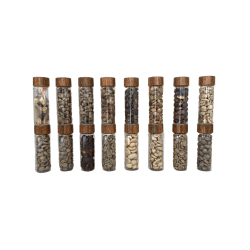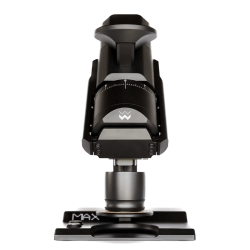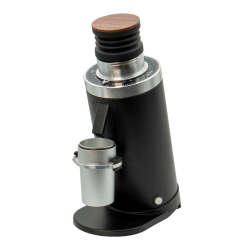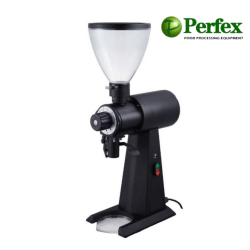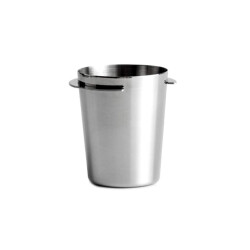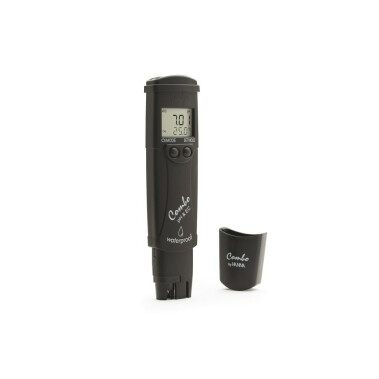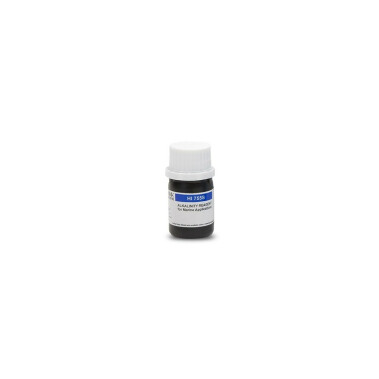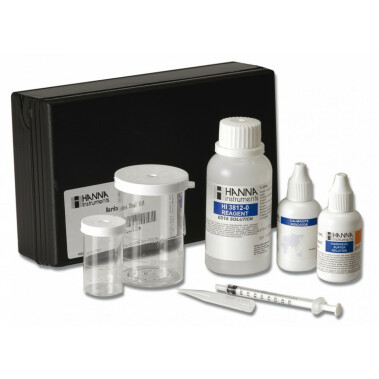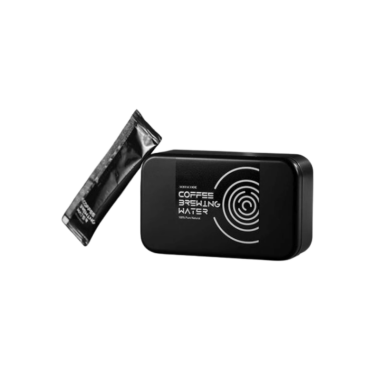
Water Measurement
Water is critical in coffee brewing, influencing everything from flavor extraction to equipment performance. The right balance of minerals and pH ensures a well-extracted, flavorful cup, while imbalanced water can lead to bitterness, sourness, or flat-tasting coffee. Additionally, improper water composition can cause scale buildup inside coffee machines, leading to maintenance issues and reduced equipment lifespan.
Understanding the Role of Water in Coffee Brewing
Coffee is over 98% water, making water quality one of the most significant factors in brewing. Even the best coffee beans, roasted and ground to perfection, can produce undesirable results if brewed with water that is too hard, too soft, overly acidic, or lacking in essential minerals.
A balanced mineral content helps extract flavors effectively, enhancing sweetness and body while avoiding excessive bitterness or sourness. Meanwhile, poorly balanced water can lead to inconsistent brewing, affecting the sensory experience of the final cup.
Key Water Measurement Parameters
Alkalinity
Alkalinity measures water’s ability to neutralize acids, directly affecting coffee acidity. Water with high alkalinity can make coffee taste dull and lifeless, suppressing the beans’ natural brightness and complexity. However, low alkalinity can lead to excessive acidity, making coffee taste sharp or overly sour.
The recommended alkalinity range for coffee brewing is between 40 and 80 ppm. Keeping alkalinity within this range balances acidity, allowing flavors to develop fully without overwhelming the palate.
Water Hardness
Hardness is determined by the concentration of minerals, particularly calcium and magnesium. These minerals are essential for proper extraction, helping to highlight flavors and create a richer, more structured brew. However, imbalances can cause problems:
- Excessively hard water (above 150 ppm) Can lead to over-extraction, which causes bitterness and excessive body and contributes to scale buildup in machines.
- Too soft water (below 50 ppm): Under-extraction results in weak, sour coffee with a lack of complexity.
Balancing hardness ensures that coffee is extracted at the right rate, preventing issues like underdeveloped flavors or excessive bitterness.
pH Levels
pH measures how acidic or basic the water is, with an ideal range of 6.5 to 7.5 for coffee brewing. Water that is too acidic can lead to sharp, sour flavors, while water that is too alkaline may cause over-extraction, producing an unpleasant, bitter taste.
Even small pH imbalances can significantly impact flavor, making measuring and adjusting pH levels regularly crucial.
Water Measurement Tools for Coffee Brewing
Using water measurement tools for coffee provides precise control over brewing conditions. These tools help identify imbalances, allowing brewers to adjust water composition and maintain optimal quality.
EC Meters (Electrical Conductivity Meters)
EC meters measure water conductivity, providing an indirect indication of mineral content. Since calcium, magnesium, and bicarbonates influence water’s ability to conduct electricity, EC meters offer a quick way to assess mineral concentration and adjust water hardness if necessary.
Monitoring EC helps maintain a consistent brewing environment, preventing excessive mineral buildup while ensuring proper extraction.
TDS Meters (Total Dissolved Solids Meters)
TDS meters measure all dissolved substances in the water, offering a broader picture of mineral content. The recommended TDS range for coffee brewing is between 75 and 250 ppm.
Staying within this range prevents extreme over-extraction or under-extraction, helping to maintain coffee’s intended flavor profile. Regular TDS measurements allow adjustments to ensure water remains within the ideal balance.
pH Testers
pH testers measure acidity or alkalinity, ensuring water remains within the 6.5 to 7.5 range. Brewers can avoid unwanted flavor shifts from overly acidic or alkaline water by maintaining proper pH levels.
Why Monitoring Water Matters in Coffee Brewing
Flavor Consistency
Water composition directly influences extraction, affecting how different compounds in coffee dissolve. Minerals in the water interact with coffee’s natural acids, sugars, and oils, shaping the final taste. Without proper measurement, brewing conditions can vary, leading to unpredictable results.
Measuring and maintaining water composition helps ensure that each cup of coffee remains consistent, preserving the beans' intended flavor notes. Stable water quality allows for repeatable, reliable results, whether brewed manually or using an espresso machine.
Equipment Longevity
Hard water accelerates scale buildup in coffee machines, reducing efficiency and causing mechanical failures. Regular monitoring of hardness, alkalinity, and TDS helps prevent damage, minimizing maintenance costs and extending equipment lifespan.
Too soft water can also cause problems, as it may lack the essential minerals necessary for proper extraction. Striking the right balance ensures both equipment protection and flavor quality.
Better Control Over Extraction
Optimal water conditions support even extraction, allowing for greater precision in brewing. Coffee professionals and home brewers benefit from the ability to fine-tune water quality, ensuring that coffee’s unique characteristics are fully developed.

